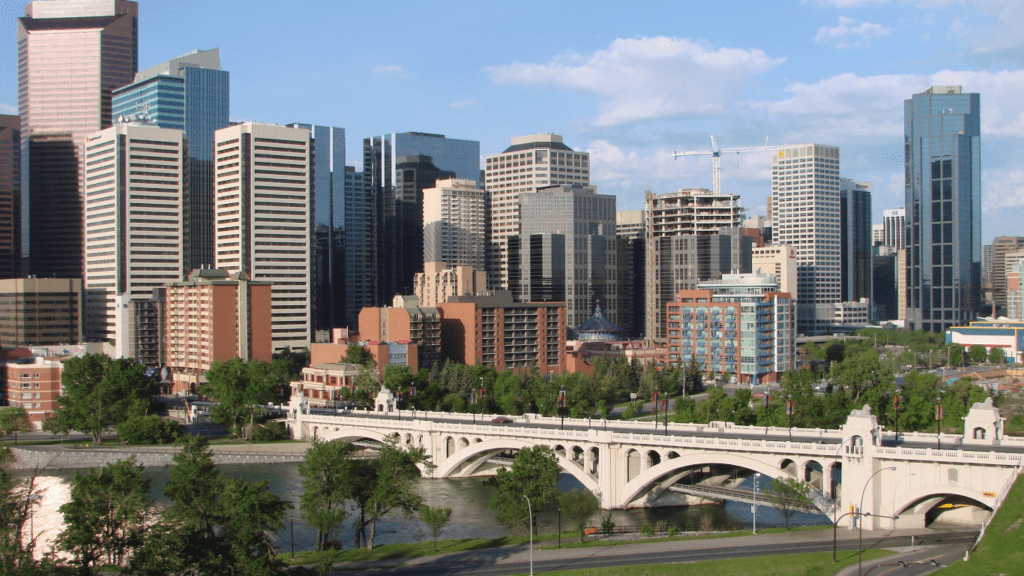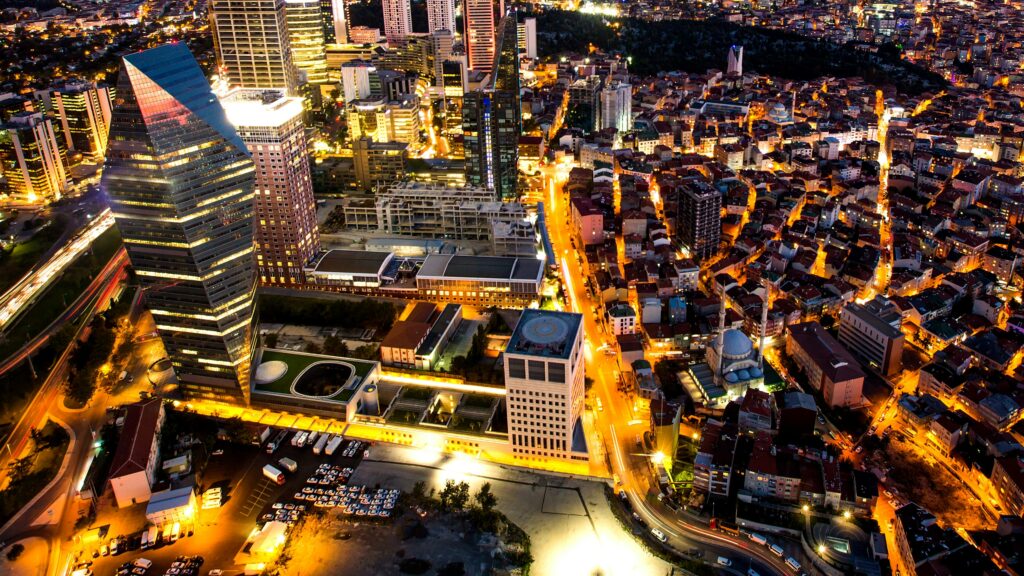Living in a world where technology shapes our daily lives, the concept of smart cities and urban tech has emerged as a beacon of innovation and efficiency. As a tech enthusiast, I’ve witnessed firsthand the transformative power of integrating cutting-edge solutions into urban environments. From smart traffic management systems to sustainable energy initiatives, the rise of smart cities is revolutionizing how we experience and interact with our urban spaces.
In this article, I’ll delve into the fascinating realm of smart cities and urban tech, exploring the latest trends, developments, and challenges in this rapidly evolving field. Join me on a journey to uncover how technology is reshaping our cities, enhancing sustainability, improving infrastructure, and ultimately, enriching the lives of residents. Let’s unravel the intricate web of sensors, data analytics, and connectivity that is propelling urban centers into the future.
Evolution of Smart Cities
As an avid follower of technological advancements, I delve into the evolution of smart cities and how urban tech is revolutionizing our surroundings.
Historical Context and Early Examples
Exploring the historical context and early examples of smart cities provides insights into the origins of this transformative concept. From the inception of smart city initiatives in the late 20th century to the early adoption of sensor technologies in urban environments, the evolution has been marked by a gradual shift towards data-driven decision-making and connectivity. Notable early examples include the implementation of smart grids in Barcelona and the utilization of sensor networks for waste management in Seoul.
Key Milestones and Technologies
Analyzing key milestones and technologies in the evolution of smart cities sheds light on the significant advancements that have shaped urban landscapes. Milestones such as the introduction of Internet of Things (IoT) devices for real-time monitoring and the development of smart transportation systems have been pivotal in enhancing urban efficiency. Technologies like artificial intelligence (AI) for predictive analytics and blockchain for secure data sharing are transforming the way cities operate, paving the way for a more sustainable and interconnected future.
Core Technologies in Urban Tech
- Internet of Things (IoT) and Its Impacts
In urban tech, IoT plays a pivotal role in connecting devices and systems to gather data and improve city operations. IoT devices, like smart sensors and meters, collect valuable information in real-time, allowing for efficient resource management. For example, IoT-enabled waste bins can signal when they are full, optimizing waste collection routes and schedules. These IoT applications enhance sustainability and streamline services, making cities smarter and more responsive to residents’ needs. - Big Data Analytics in Urban Management
Big data analytics revolutionizes urban management by processing large volumes of data to extract valuable insights and enhance decision-making processes. By analyzing data from various sources such as IoT devices, traffic cameras, and social media, cities can optimize traffic flow, detect maintenance issues, and improve public safety. For instance, analyzing traffic patterns can help city planners optimize transportation routes and reduce congestion. Big data analytics drives efficiency and innovation in urban operations, leading to more sustainable and livable cities.
Benefits of Smart Cities

In the realm of smart cities, numerous benefits underscore the transformative impact of cutting-edge urban technologies. Delving deeper unveils two crucial advantages that shape the landscape of urban living.
Enhanced Public Services and Sustainability
I leverage IoT and big data analytics to enhance public services and foster sustainability in urban environments. By deploying smart sensors in waste bins, data collection and waste management systems are optimized, leading to efficient waste collection routes. This data-driven approach not only streamlines operations but also contributes to environmental sustainability by reducing fuel consumption and emissions.
Improved Urban Planning and Transportation
Enhancing urban planning and revolutionizing transportation systems, I integrate IoT devices and big data analytics to optimize traffic flow, detect maintenance issues, and bolster public safety. By harnessing the power of real-time data and predictive analytics, cities can make informed decisions to enhance infrastructure, streamline traffic patterns, and improve overall urban mobility. This synergy of technology and urban development not only fosters efficiency but also lays the groundwork for future-proof cities that prioritize sustainable growth.
Challenges and Concerns
Privacy and Data Security Issues
As I explore the realm of smart cities and urban tech, privacy and data security emerge as crucial concerns. In an interconnected landscape where data flows seamlessly to enhance services, safeguarding personal information and ensuring cybersecurity stand paramount. Unauthorized access to sensitive data poses risks of privacy breaches and misuse, emphasizing the need for robust security protocols and encryption measures.
Infrastructure and Investment Hurdles
In my analysis of smart cities and urban technology, infrastructure and investment obstacles present significant challenges. Developing and deploying the necessary technological backbone requires substantial funding and planning. Building a network of sensors, IoT devices, and connectivity infrastructure demands substantial investments, which can be a barrier for cities with limited budgets. Overcoming these hurdles necessitates strategic partnerships, innovative financing models, and a long-term vision for sustainable urban development.
Case Studies of Successful Smart Cities
In showcasing successful implementations of smart city initiatives, I’ll delve into some notable case studies that have set benchmarks for urban tech innovation.
Singapore: A Model Smart City
Singapore stands out as a model smart city that has effectively integrated technology into its urban fabric. With initiatives like “Smart Nation Singapore,” the city-state has prioritized digital transformation to enhance urban living. Singapore’s comprehensive approach includes initiatives such as the nationwide implementation of sensors for monitoring environmental parameters, smart traffic management systems, and extensive data analytics for urban planning. This holistic strategy has enabled Singapore to improve public services, optimize infrastructure utilization, and enhance sustainability while fostering innovation and economic growth.
Barcelona’s Approach to Urban Tech Innovations
Barcelona has emerged as a pioneer in utilizing urban tech innovations to address contemporary urban challenges. Through its “Smart City Barcelona” program, the city has implemented a range of initiatives focusing on sustainability, citizen engagement, and efficient urban management. Barcelona’s deployment of IoT devices, smart grids, and sensor networks has revolutionized areas such as waste management, energy efficiency, and public transportation. By leveraging cutting-edge technologies, Barcelona has been able to enhance the quality of life for its residents, boost environmental sustainability, and establish itself as a global hub for smart city solutions.



